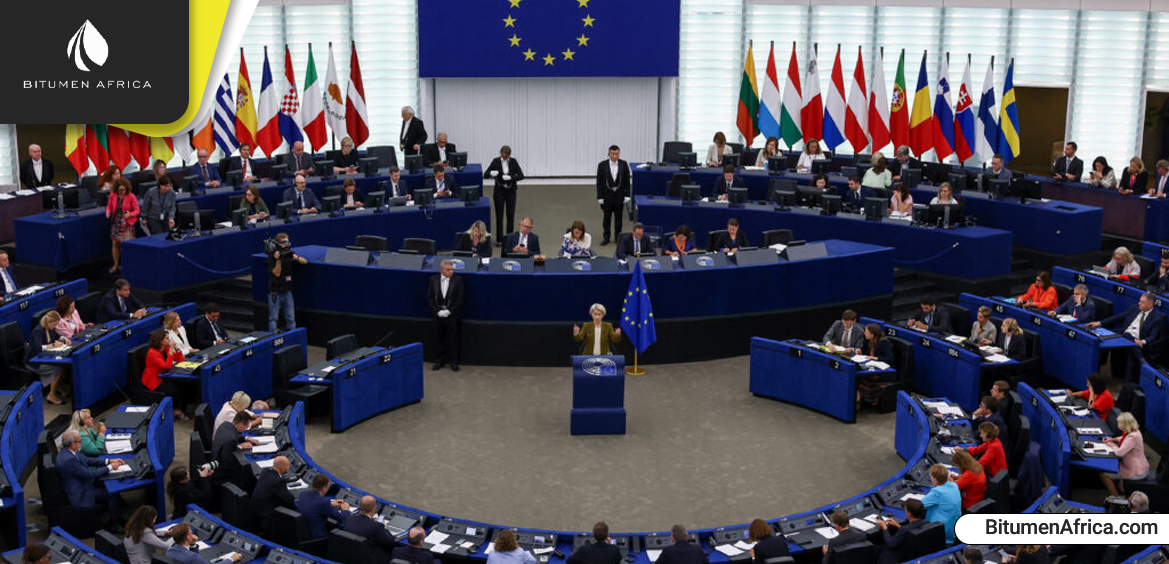The European Union finds itself in a complex energy dilemma. U.S. Energy Secretary Chris Wright recently suggested that the EU could phase out Russian natural gas within a year, even switching to U.S. liquefied natural gas (LNG) in just six months. But the reality is more tangled. Russian LNG remains significantly cheaper than American alternatives, making it hard for the EU to fully commit to its sanctions-driven energy strategy without facing economic backlash. This has led to criticism and accusations of hypocrisy as Russian energy continues to flow into the bloc.
Despite sanctions and public declarations to cut ties with Russian energy, the EU’s imports of Russian LNG hit record highs in 2024. Efforts to ban these imports—including discussions about breaking long-term contracts—have failed to halt the trend. The reason is simple: price. Russian LNG offers a more affordable option, and in times of economic pressure, affordability often trumps political intent.
Meanwhile, U.S. LNG exports to Europe have surged, with the EU becoming the largest market for American gas. Yet paradoxically, the EU is also the biggest buyer of Russian LNG. In the first half of 2025, it accounted for over half of Russia’s LNG exports and continued to purchase pipeline gas, despite reduced volumes since 2022. This dual dependency highlights the EU’s struggle to balance geopolitical goals with energy needs.
EU Energy Commissioner Dan Jorgensen recently reaffirmed the bloc’s target to end Russian energy imports by January 2028. The strategy includes expanding LNG imports from the U.S. and Qatar, investing in renewables, and tightening sanctions enforcement. However, rushing this transition could destabilize markets and threaten supply security—making a gradual shift the more pragmatic choice.
Even Qatar, a key LNG supplier, presents complications. The EU’s Corporate Sustainability Due Diligence Directive imposes strict environmental and human rights standards, prompting Qatar’s energy minister to warn of pulling out of the European market. As a result, the EU remains caught between its desire to punish Russia, align with U.S. energy policy, and maintain affordable energy—without appearing inconsistent. It’s a delicate balancing act with no easy answers.

